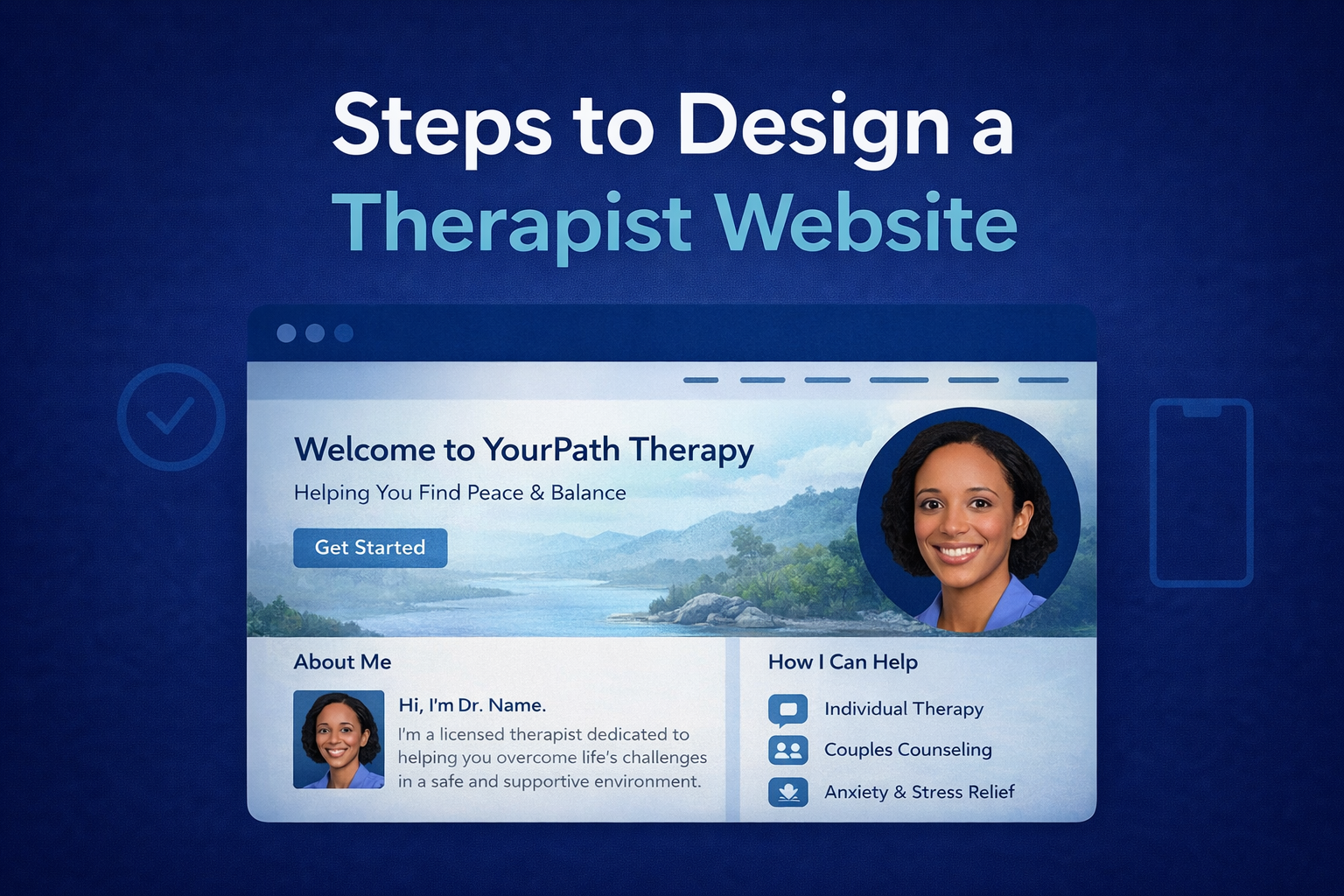Introduction to AI-Driven Content for Psychologists
In an increasingly digital world, psychologists must leverage innovative tools to attract and engage new patients. AI-driven content, powered by advanced algorithms and natural language processing, offers a scalable way to create personalized, high-quality content that resonates with potential clients. This article explores how AI-driven content can help psychologists expand their reach, improve online visibility, and build trust, with actionable strategies for implementation.
Why Psychologists Need Effective Digital Content
Psychologists face growing competition in attracting patients, especially in saturated markets. Effective digital content is critical for:
- Visibility: Ranking higher in search results for terms like “psychologist near me.”
- Engagement: Connecting with potential clients through relatable, informative content.
- Trust Building: Establishing expertise and credibility to encourage bookings.
- Accessibility: Reaching diverse audiences, including those in underserved areas.
AI-driven content streamlines these efforts, making it easier to stand out online.
How AI-Driven Content Works
AI-driven content uses machine learning, natural language processing (NLP), and data analytics to generate or optimize content. Key applications for psychologists include:
- Content Creation: Producing blog posts, FAQs, or social media updates tailored to patient needs.
- SEO Optimization: Identifying high-ranking keywords like “therapy in [city].”
- Personalization: Crafting content based on user demographics or search intent.
- Automation: Scheduling and publishing content across platforms efficiently.
These capabilities enable psychologists to deliver relevant content at scale.
Benefits of AI-Driven Content for Psychologists
AI-driven content offers significant advantages for mental health professionals:
- Enhanced SEO Performance: AI tools optimize for local and long-tail keywords, improving search rankings.
- Time Efficiency: Automate content creation and scheduling, freeing time for patient care.
- Personalized Engagement: Deliver content tailored to specific patient concerns, like anxiety or couples therapy.
- Cost-Effectiveness: Reduce reliance on expensive marketing agencies.
- Scalability: Generate content for multiple platforms, from websites to social media.
For related strategies, explore local SEO for therapists.
Challenges of AI-Driven Content
While powerful, AI-driven content has limitations:
- Lack of Human Touch: AI may produce generic content without emotional nuance. Solution: Review and edit AI-generated content for authenticity.
- Ethical Concerns: Overuse of AI could mislead patients about expertise. Solution: Clearly attribute content to licensed professionals.
- Compliance Risks: Content must align with HIPAA and advertising regulations. Solution: Use HIPAA-compliant tools and avoid sensitive patient data.
- Algorithm Dependence: Overreliance on AI may limit creativity. Solution: Combine AI with human insights for unique content.
Strategies for Using AI-Driven Content to Reach Patients
To effectively leverage AI-driven content, psychologists can implement these strategies:
1. Optimize for Local and Voice Search
AI tools can enhance visibility for local patients. Steps include:
- Target Local Keywords: Use AI to identify terms like “psychologist in [city]” or “therapy for depression near me.”
- Voice Search Optimization: Create conversational content for queries like “Who’s the best therapist in [city]?”
- Structured Data: Implement schema markup to highlight services and locations.
For more, see structured data for voice search.
2. Create Personalized Blog Content
AI can generate blogs addressing patient pain points. Examples include:
- Topics: “Managing Anxiety in [City]” or “How Couples Therapy Can Help.”
- Personalization: Tailor content to demographics, like age or cultural background.
- Engagement: Use AI to suggest compelling headlines and CTAs (e.g., “Book a Free Consultation”).
AI tools like Jasper or Writesonic can produce drafts, which psychologists can refine for authenticity.
3. Automate Social Media Content
AI can streamline social media strategies to attract patients:
- Content Scheduling: Use tools like Buffer with AI integration to post at optimal times.
- Engaging Posts: Create bite-sized tips, such as “3 Ways to Reduce Stress Today.”
- Hashtag Optimization: AI identifies trending mental health hashtags for greater reach.
This approach ensures consistent online presence without manual effort.
4. Develop Interactive Website Features
AI-driven content can enhance website functionality:
- Chatbots: Use AI chatbots to answer FAQs or guide patients to booking forms.
- Personalized Resources: Offer tailored content based on user inputs, like symptom quizzes.
- Client Portals: Integrate AI with portals for personalized patient updates.
Explore benefits of custom patient portals.
5. Ensure HIPAA Compliance and Ethical Use
AI content must protect patient privacy and maintain trust:
- HIPAA-Compliant Tools: Use platforms like Sprout Social with secure data handling.
- Transparent Messaging: Disclose when content is AI-generated or human-edited.
- Avoid Sensitive Data: Ensure AI does not access or generate PHI without safeguards.
For security insights, see securing client data online.
6. Analyze and Refine Content Performance
AI provides analytics to optimize content strategies:
- Track Engagement: Use AI tools to monitor click-through rates, time on page, and conversions.
- A/B Testing: Experiment with different headlines or formats to identify what resonates.
- Keyword Performance: Adjust content based on ranking data for local searches.
This data-driven approach ensures continuous improvement.
Real-World Example
A solo psychologist in Austin used an AI tool to create location-specific blog posts and social media content targeting “therapy in Austin.” By optimizing for local SEO and automating posts, their website traffic increased by 35%, and client inquiries rose by 20% within four months. Human editing ensured the content reflected their expertise, building trust with new patients.
Future Trends in AI-Driven Content for Psychologists
AI content creation is evolving rapidly:
- Hyper-Personalization: AI will tailor content to individual patient journeys using behavioral data.
- Multilingual Content: Generate content in languages like Spanish or Mandarin to reach diverse communities.
- Voice and Video Content: AI tools will create podcasts or videos for broader engagement.
Stay ahead with AI transforming clinical workflows.
Conclusion: Leveraging AI Content for Patient Growth
AI-driven content empowers psychologists to reach new patients by enhancing SEO, personalizing engagement, and streamlining content creation. By combining AI’s efficiency with human oversight, practices can create authentic, compliant content that builds trust and attracts clients. Implementing these strategies requires selecting secure tools and monitoring performance to ensure effectiveness.
For tailored AI solutions to grow your practice, explore Mental Health IT Solutions.







